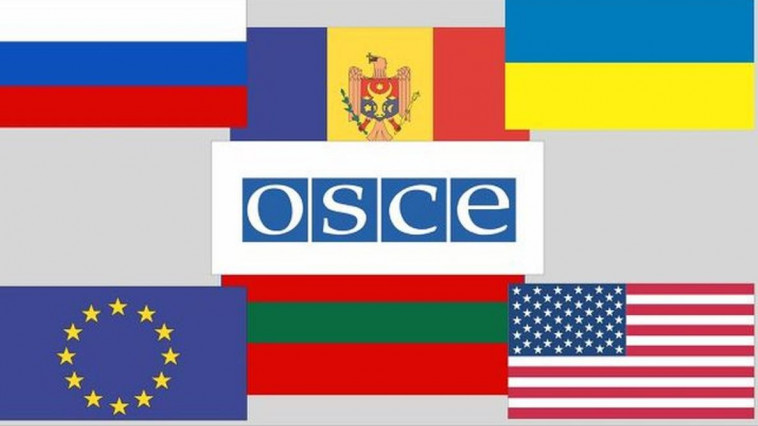In 2017 we could see results of „unfrozen” 5+2 format talks, Transnistrian expert

Director of the Tiraspol-based Political Research Bureau “Mediator” Sergey Shirokov highlighted the resumption of the meetings within the Transnistrian conflict settlement talks in the 5+2 format as the most important foreign policy event in 2016, to which Germany, which holds the OSCE Chairmanship, contributed substantially, IPN reports.
According to Sergey Shirokov, the results of the reinvigorated negotiation process could be seen in 2017 already. But they should switch over from the small-steps tactic to the real results to which the participants in the negotiations referred.
The expert said the European Union, as an observer to the talks, hasn’t limited the preferential trade regime benefits for the Transnistrian producers that export to EU member states as of January 1, 2017, while the companies operating on the right bank of the Nistru since 2015 have had to meet the norms and quotas laid out in the Deep and Comprehensive Free Trade Agreement with the EU, which automatically annulled all preferential concessions for Moldovan business entities. It’s not yet known what documents were signed for the purpose as the previous Transnistrian administration (2011-2016) classified them.
Another observer to the talks, the United States, could essentially change its view on the foreign policy with the coming of Donald Trump to the presidency. Sergey Shirokov noted that pragmatic representatives of the republican school of realists already enter the Trump administration. “In a year or two, the tectonic movement witnessed now in global politics will reach Tiraspol as well,” concluded the director of the Tiraspol-based Political Research Bureau “Mediator”.
Source: IPN














